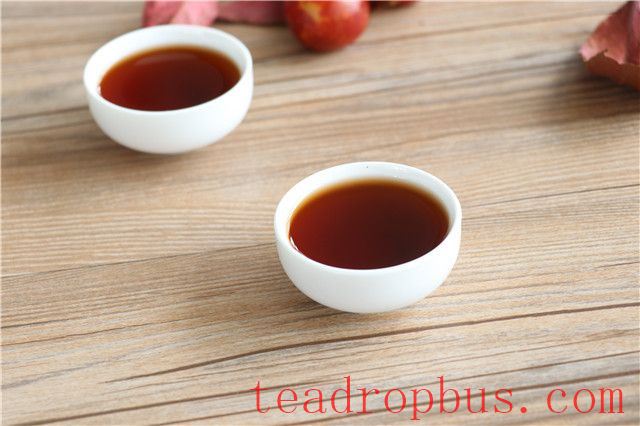Drinking Tea is a traditional custom that has been passed down to this day. It is also a way of maintaining health, and regular Tea drinking can benefit our physical well-being. Tea is an essential part of Chinese traditional culture, but not everyone is suitable for drinking strong tea. In daily life, certain groups of people should avoid strong tea.

Five Types of People Should Not drink tea Randomly
1. Taking medicine and Drinking Tea
The Caffeine in tea can reduce the efficacy of drugs. Drinking tea after taking medication is like not taking the medication at all. Therefore, do not drink tea after taking medication when you are sick.
2. Liver disease patients drinking tea
Since the liver is the largest detoxifying organ and the largest metabolic organ, substances such as caffeine in tea need to be metabolized by the liver. If you are already a liver disease patient, excessive tea consumption will place a significant burden on the liver and further worsen the condition of the liver disease.
3. Anemic individuals drinking tea
Tannic acid in tea can prevent the body's absorption of iron. If you are already anemic, drinking large amounts of tea will exacerbate symptoms of anemia. Therefore, anemic patients should not drink tea.

4. Insomnia patients drinking tea
Caffeine in tea can stimulate the nervous system and keep a person alert and awake. If you already have insomnia, drinking tea will further excite the central nervous system, making it even more difficult to sleep.
5. Individuals with urinary calculi drinking tea
Drinking cold tea frequently can exacerbate symptoms of urinary calculi. Tea contains oxalate calcium, and urinary calculi are primarily oxalate calcium stones. For those who need to be on a diet, drinking tea can cause oxalate in tea to combine with calcium in urine to form oxalate calcium, leading to numerous small urinary calculi. Therefore, patients with urinary calculi should drink more water and less tea.
Although tea is beneficial, it should not be consumed excessively. Everything should be done in moderation; exceeding the limit can harm one's health. Tea is a good product, but incorrect tea consumption can be equivalent to slow suicide. Everyone must maintain balance.

There are many benefits and effects of drinking tea, such as replenishing fluids, invigorating the mind, supplementing nutrition, aiding digestion, improving vision, and relieving constipation. Moderate consumption is beneficial to the human body, but excessive consumption can have some adverse effects. Tea contains substances like caffeine, pantothenic acid, and polyphenols. Drinking in moderation can alleviate fatigue and refresh the mind. However, it is important to note that overconsumption of tea may lead to symptoms such as insomnia, palpitations, and other signs of overexcited nerves.
It is worth noting that individuals with conditions such as peptic ulcers, anemia, or kidney disease are not recommended to drink strong tea, as it may aggravate their conditions and have negative effects on their health.